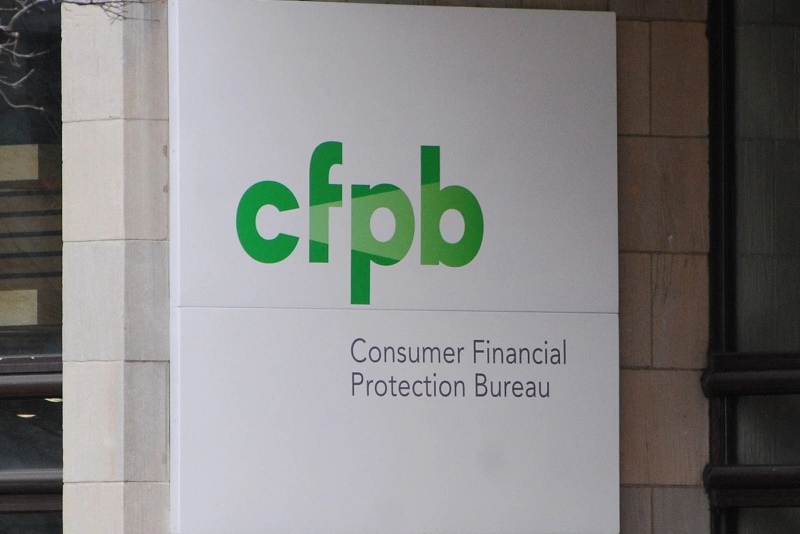BROWSE BY TOPIC
- Bad Brokers
- Compliance Concepts
- Investor Protection
- Investments - Unsuitable
- Investments - Strategies
- Investments - Private
- Features/Scandals
- Companies
- Technology/Internet
- Rules & Regulations
- Crimes
- Investments
- Bad Advisors
- Boiler Rooms
- Hirings/Transitions
- Terminations/Cost Cutting
- Regulators
- Wall Street News
- General News
- Donald Trump & Co.
- Lawsuits/Arbitrations
- Regulatory Sanctions
- Big Banks
- People
TRENDING TAGS
Stories of Interest
- Sarah ten Siethoff is New Associate Director of SEC Investment Management Rulemaking Office
- Catherine Keating Appointed CEO of BNY Mellon Wealth Management
- Credit Suisse to Pay $47Mn to Resolve DOJ Asia Probe
- SEC Chair Clayton Goes 'Hat in Hand' Before Congress on 2019 Budget Request
- SEC's Opening Remarks to the Elder Justice Coordinating Council
- Massachusetts Jury Convicts CA Attorney of Securities Fraud
- Deutsche Bank Says 3 Senior Investment Bankers to Leave Firm
- World’s Biggest Hedge Fund Reportedly ‘Bearish On Financial Assets’
- SEC Fines Constant Contact, Popular Email Marketer, for Overstating Subscriber Numbers
- SocGen Agrees to Pay $1.3 Billion to End Libya, Libor Probes
- Cryptocurrency Exchange Bitfinex Briefly Halts Trading After Cyber Attack
- SEC Names Valerie Szczepanik Senior Advisor for Digital Assets and Innovation
- SEC Modernizes Delivery of Fund Reports, Seeks Public Feedback on Improving Fund Disclosure
- NYSE Says SEC Plan to Limit Exchange Rebates Would Hurt Investors
- Deutsche Bank faces another challenge with Fed stress test
- Former JPMorgan Broker Files racial discrimination suit against company
- $3.3Mn Winning Bid for Lunch with Warren Buffett
- Julie Erhardt is SEC's New Acting Chief Risk Officer
- Chyhe Becker is SEC's New Acting Chief Economist, Acting Director of Economic and Risk Analysis Division
- Getting a Handle on Virtual Currencies - FINRA
ABOUT FINANCIALISH
We seek to provide information, insights and direction that may enable the Financial Community to effectively and efficiently operate in a regulatory risk-free environment by curating content from all over the web.
Stay Informed with the latest fanancialish news.
SUBSCRIBE FOR
NEWSLETTERS & ALERTS
CFPB’s Rule Banning Class Actions Survives First Challenge
Keith Noreika, the Acting U.S. Comptroller of the Currency, will not try and quash a new rule issued by the Consumer Financial Protection Board (CFPC) that bans the use of mandatory arbitration agreements by financial services institutions. The CFPB’s arbitration rule, which went into effect July 10, makes it easier for investors to band together in class action lawsuits against banks, by prohibiting those institutions from using clauses in financial services agreements that force consumers into arbitrations to resolve disputes.
Many had expected Mr. Noreika to ask the Financial Stability Oversight Council (FSOC) to temporarily halt the rule citing concerns that it could threaten the safety and soundness of the banking system. The FSOC, established under Dodd-Frank, has 10 voting members (representing federal regulators) and 5 non-voting members. The voting members are:
- the Secretary of the Treasury (Chairs the Council);
- the Chairman of the Board of Governors of the Federal Reserve System;
- the Comptroller of the Currency (OCC);
- the Director of the Bureau of Consumer Financial Protection (CFPB);
- the Chairman of the Securities and Exchange Commission (SEC);
- the Chairperson of the Federal Deposit Insurance Corporation (FDIC);
- the Chairperson of the Commodity Futures Trading Commission (CFTC);
- the Director of the Federal Housing Finance Agency (FHFA);
- the Chairman of the National Credit Union Administration (NCUA); and
- an independent member with insurance expertise who is appointed by the President and confirmed by the Senate for a 6-year term.
However, the deadline for petitioning the FSOC passed on Saturday without Mr. Noreika having taken any action. On Monday, Mr. Noreika explained his decision not to challenge the rule: “Given that Congress is considering use of the congressional Review Act to overturn the CFPB’s final rule, I will not petition the FSOC to stay the effective date of the rule.”
In the meantime, Mr. Noreika said, his agency’s economists would continue reviewing the impact of the arbitration rule.





